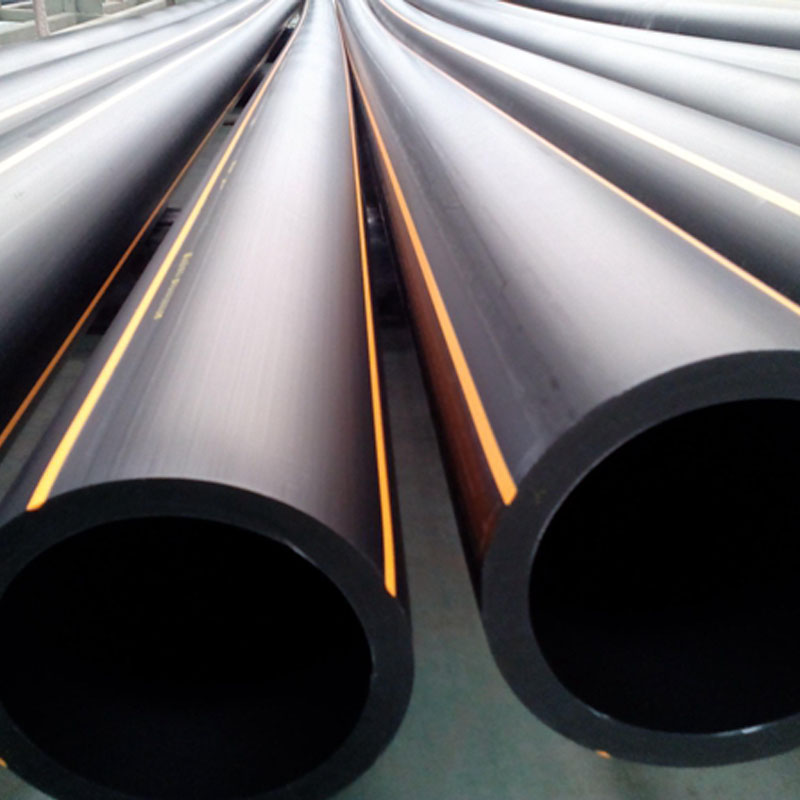Dec . 20, 2024 13:34 Back to list
types of pipes pvc products
Understanding Types of PVC Pipes and Products
Polyvinyl Chloride (PVC) has become one of the most widely used materials in various industries, particularly in the piping sector. It is favored for its durability, resistance to corrosion, and cost-effectiveness. This article will explore the different types of PVC pipes and products, highlighting their uses, advantages, and characteristics.
1. Types of PVC Pipes
PVC pipes come in several types, each designed for specific applications
a. Schedule 40 and Schedule 80 PVC Pipes Schedule 40 and schedule 80 pipes are the most commonly used types of PVC pipes. The “schedule” refers to the wall thickness of the pipe. Schedule 40 is suitable for residential and commercial applications where pressure is not extremely high, making it ideal for irrigation systems and drainage. On the other hand, schedule 80 pipes have thicker walls, offering higher pressure ratings. These are used in industrial applications, chemical processing, and high-pressure water systems.
b. PVC Pressure Pipe PVC pressure pipes are designed to transport fluids under pressure. They are essential in drinking water applications and sewage systems. These pipes follow strict manufacturing standards to ensure they can withstand significant pressure without collapsing.
c. PVC DWV Pipe (Drainage, Waste, and Vent) DWV pipes are specifically intended for drainage systems. They have a larger diameter than standard PVC pipes, allowing for the efficient removal of wastewater. DWV pipes are crucial in residential plumbing and are often found in systems that manage sewerage and stormwater.
d. PVC Sewer Pipe Similar to DWV pipes, PVC sewer pipes are particularly robust and manufactured to handle the harsh conditions typically found in sewer applications. They can resist the corrosive effects of sewage and are designed to prevent leaks and blockages.
e. PVC Conduit Pipe Conduit pipes are used to protect and route electrical wiring. Made from rigid PVC, they are lightweight and easy to install, providing a safe pathway for electrical cables in both residential and commercial buildings.
2. Advantages of PVC Pipes
types of pipes pvc products

PVC pipes offer several benefits that contribute to their popularity
- Durability PVC is resistant to corrosion, rust, and scale, which makes it a long-lasting choice for plumbing and piping. - Lightweight Compared to metal pipes, PVC is significantly lighter, which simplifies handling and reduces installation costs. - Low Maintenance Once installed, PVC pipes require minimal maintenance. Their smooth interior inhibits the buildup of materials like lime and sediment, ensuring efficient flow. - Versatility With numerous types and sizes available, PVC can be adapted to a wide range of applications, from residential plumbing to industrial systems. - Cost-effective PVC pipes are generally less expensive than their metal counterparts, both in purchase price and installation.
In addition to pipes, various PVC products are integral to construction and plumbing
a. Fittings PVC fittings come in many shapes and sizes, including elbows, tees, and couplings. They ensure that pipes can be joined and redirected easily, maintaining a secure and leak-proof system.
b. Valves PVC valves are crucial in controlling the flow of liquids in plumbing systems. They are resistant to corrosion, making them ideal for use with water and chemicals.
c. Accessories From pipe hangers to supports, various accessories exist to enhance the functionality and stability of PVC piping systems.
Conclusion
In summary, PVC pipes and products offer a versatile and reliable solution for numerous applications in plumbing and construction. Their unique properties make them suitable for both residential and industrial uses. Whether you are looking to install a piping system for potable water, sewage, or electrical conduits, understanding the different types of PVC pipes and their respective advantages can significantly inform your decision-making process. As sustainability and efficiency become more critical in construction and infrastructure, PVC remains a top choice for various projects.
-
High-Quality PVC Borehole Pipes Durable & Versatile Pipe Solutions
NewsJul.08,2025
-
High-Quality PVC Perforated Pipes for Efficient Drainage Leading Manufacturers & Factories
NewsJul.08,2025
-
High-Quality PVC Borehole Pipes Durable Pipe Solutions by Leading Manufacturer
NewsJul.08,2025
-
High-Quality PVC Borehole Pipes Reliable PVC Pipe Manufacturer Solutions
NewsJul.07,2025
-
High-Quality UPVC Drain Pipes Durable HDPE & Drain Pipe Solutions
NewsJul.07,2025
-
High-Quality Conduit Pipes & HDPE Conduit Fittings Manufacturer Reliable Factory Supply
NewsJul.06,2025

